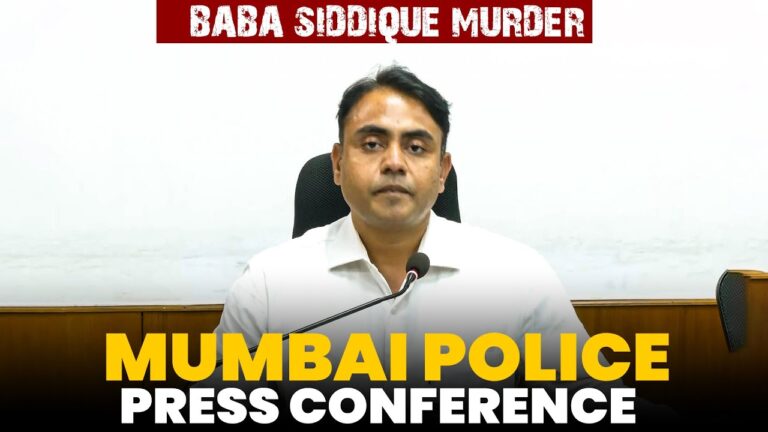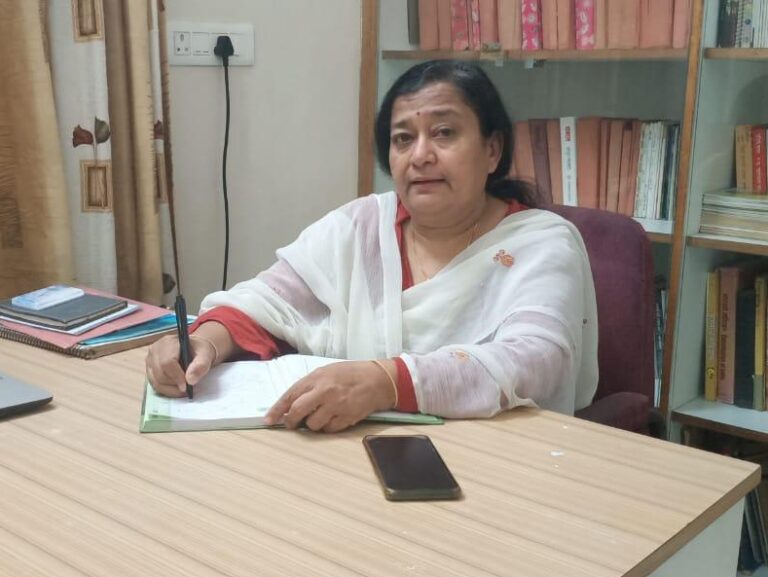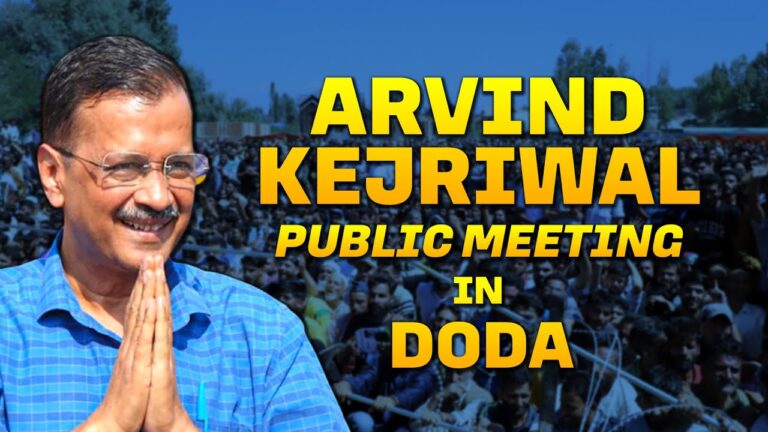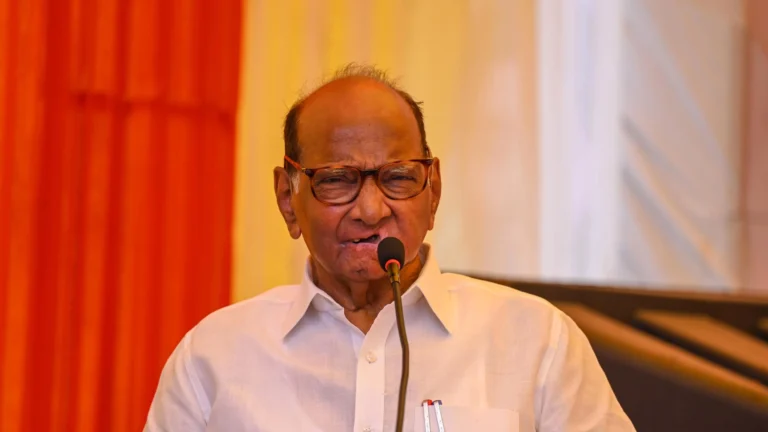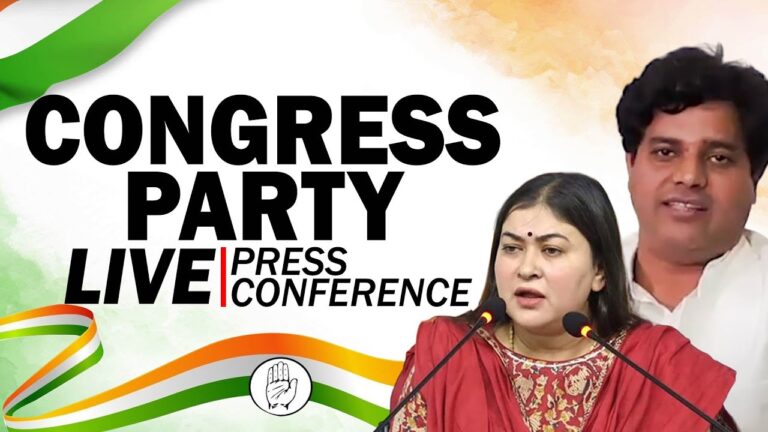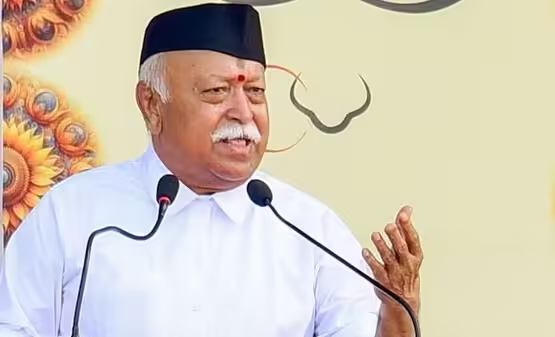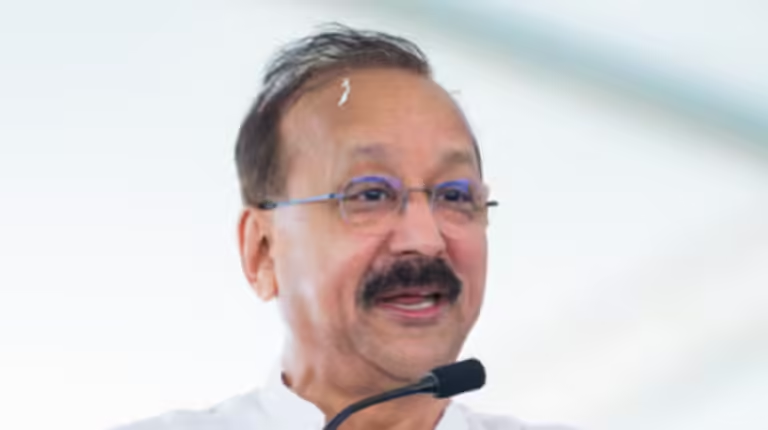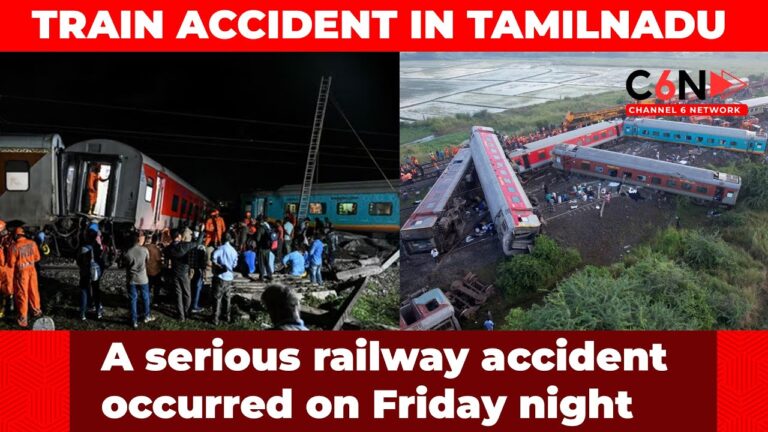The Terrorism of Sexual Assault: A Growing Crisis
Akola, Maharashtra : In today’s world, the term sexual assault has become all too familiar. We encounter it frequently in both print and electronic media, illustrating how deeply ingrained this societal menace has become. However, sexual assault against women is not a new phenomenon. Decades ago, such crimes often went unreported. Women, fearful of social stigma, would rarely approach law enforcement, and perpetrators went unpunished.
This began to change around 15 years ago, when activists started rallying behind survivors. A landmark case was the Mathura rape case, which encouraged victims to come forward and seek justice. However, this led to an alarming trend — perpetrators not only committed rape but also resorted to murder in an effort to silence their victims.
Today, we witness a terrifying escalation in the cruelty of these crimes. It has reached the point where we can refer to it as the terrorism of sexual assault. Consider these horrifying examples:
– The Nirbhaya case in Delhi
– The Hinganghat case, where a young woman was set on fire in broad daylight
– The Kopardi case, a brutal instance of rape and murder
– The Hyderabad case, where acid was poured on a victim post-assault, with videos of the crime being circulated online
These cases tell a chilling story: women, as they step out of their homes to pursue education, careers, or even simply live their lives, face the looming threat of violence. Their right to choose how they live, who they love, and what they achieve is constantly under attack. If they dare assert their constitutional rights to equality, they are met with sexual violence, defamation, and even death.
What’s most troubling is the reaction these events often provoke. Instead of focusing on the crime, society questions the victim: What was she wearing? Why was she out late? Who was she with? This victim-blaming undermines the very principles of equality, freedom, and privacy that our Constitution guarantees.
But why are such heinous crimes on the rise? One explanation lies in the increasing emotional and psychological disconnect between parents and children. Teenagers, caught in a whirlwind of hormonal changes and societal pressures, need love, guidance, and emotional support. Yet, in today’s fast-paced world, where both parents often work long hours, children are left to seek attention elsewhere — sometimes turning to drugs, alcohol, or other dangerous outlets.
This emotional void can be a breeding ground for destructive behavior. When boys, in particular, are not taught to respect women, they grow up feeling entitled to their attention and affection. When rejected, their fragile egos lead them to violence.
A disturbing trend has emerged where even the media, our society’s watchdog, seems to focus more on celebrity weddings or petty political debates rather than the pressing issue of gender-based violence.
So where do we go from here? These pressing questions need to be addressed by policymakers, law enforcement, the judiciary, and society as a whole. We must create an environment where street harassment is not tolerated, where bystanders intervene, and where a culture of respect is fostered from childhood.
The real issue at hand is not just a question of law enforcement or policy — it is a challenge to the fundamental values of our society.
(The views expressed in this article are solely those of the author and do not necessarily represent the official stance of Channel 6 Network).
NCP Leader Baba Siddiqui Shot Dead in Mumbai
Mumbai: In a shocking turn of events, Nationalist Congress Party (NCP) leader and former Maharashtra minister Baba Siddiqui was shot dead in Mumbai’s Bandra area on Saturday. The 66-year-old politician, who had recently joined the Ajit Pawar-led faction of the NCP, was attacked by three gunmen outside his son Zeeshan Siddiqui’s office near Colgate Ground in Nirmal Nagar. Siddiqui succumbed to his injuries at Lilavati Hospital, leaving the political landscape of Maharashtra in shock.
Two suspects, hailing from Uttar Pradesh and Haryana, have been arrested in connection with the murder, while a third suspect managed to escape. Maharashtra Chief Minister Eknath Shinde confirmed that Mumbai police commissioner Vivek Phansalkar is overseeing the investigation, and a thorough probe has been promised.
Baba Siddiqui, a prominent Muslim leader who served as an MLA from Bandra (West) three times, was well-known in both political and Bollywood circles. His assassination has not only sparked outrage but also raised serious concerns about the state’s law and order, especially with the upcoming assembly elections looming.
Deputy Chief Minister and NCP chief Ajit Pawar expressed his grief, calling the attack “extremely unfortunate and condemnable.” Pawar highlighted Siddiqui’s contributions to the minority community and secularism in Maharashtra. Opposition parties have swiftly condemned the incident, using it as a focal point to criticize the state’s handling of law and order.
Sharad Pawar, president of the NCP (Sharad Pawar faction), voiced his concerns over the deteriorating security situation, holding Deputy CM Devendra Fadnavis, who also oversees the home department, accountable. Pawar stated that the ruling government should take responsibility and step down.
Several political leaders, including Shiv Sena (UBT) leader Aaditya Thackeray, echoed similar sentiments, calling the murder a reflection of the “collapse of administration” in the state. Thackeray and Congress leader Balasaheb Thorat emphasized that the assassination of a leader with Y-category security underlined the serious lapses in the state’s governance.
Siddiqui’s tragic death has sent shockwaves through Maharashtra’s political arena, with leaders from across the spectrum expressing their grief and concern. As the investigation progresses, all eyes are on the state government to restore public confidence ahead of the elections.

